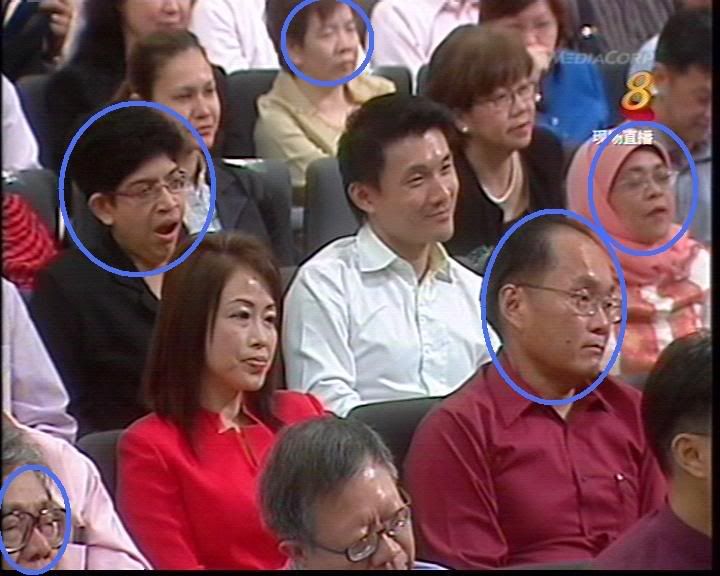Parliament passes Income Tax (Amendment) Bill
Posted: 14 November 2012 2152 hrs
SINGAPORE : Parliament has passed the Income Tax (Amendment) Bill, which involves changes announced in the 2012 Budget Statement.
Elderly and handicapped persons will get enhancements to Earned Income Relief so as to encourage them to stay employed.
A one-off cash grant capped at S$5,000 will help small and medium-sized enterprises offset higher business costs.
The Productivity and Innovation Credit scheme has also been enhanced so cash payouts can be given to businesses on a quarterly, rather than yearly, basis.
Minister of State for Finance Josephine Teo also responded to calls for more help for lower- to middle-income families.
She said: "The government does not look at tax reliefs alone, but takes a holistic approach to supporting families. And there are several substantive forms of assistance to families that are given, whether the mothers are in the workforce or at home.
"This includes the baby bonus, infant care and child care subsidies. The baby bonus, for example, is the same amount, regardless of the work status of the mother."
- CNA/ms


